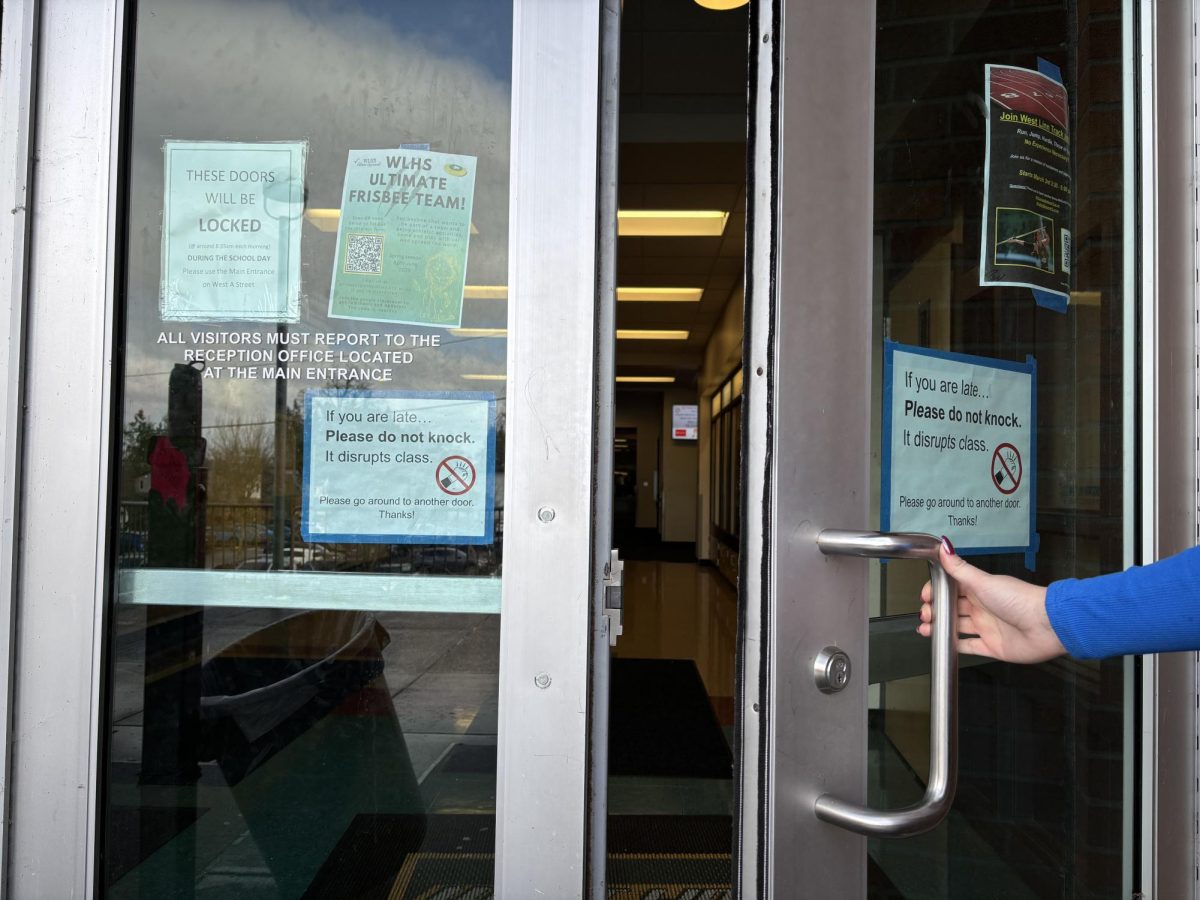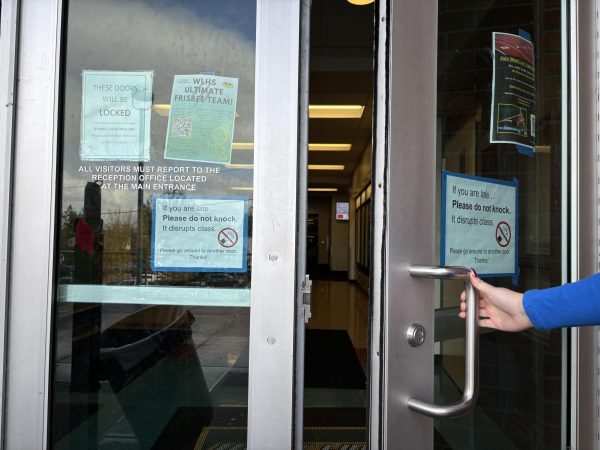H1N1 virus makes a troubling reappearance in the Portland metro area

Among the swarms of ailments and germs that have arrived this winter is the H1N1 virus, which promises a more problematic epidemic than those in the past. H1N1, also known as the Swine Flu, is back in the Portland Metro area for the first time since early 2010 and has already caused the death of seven citizens, according to hospital officials.
Although the H1N1 virus originated in North American pig herds, it was detected among humans in April 2009 and soon proliferated, becoming a worldwide pandemic. Even though it is contracted similarly to the common cold, as indicated by its death tolls, H1N1 is far more serious than a cold. According to Medline Plus, “Symptoms of Swine Flu in people are similar to the symptoms of ordinary influenza and include fever, cough, sore throat, body aches, headache, chills and fatigue.”
Hospitals in Portland have recently admitted over 180 patients suffering from the Swine Flu, not counting the seven deaths, according to KGW. The flu has swept across the entire Pacific Northwest, affecting populations in Canada, Washington, Oregon, and California, and it has hit in other states across the nation, including Texas, Oklahoma, Alabama, and areas the New England states as well, as reported by the online Global Incident Map.
After the pandemic in 2009, protection against H1N1 has become standard in all seasonal flu vaccines. According to the Center for Disease Control and Prevention, the seasonal flu vaccine is an effective and simple way to reduce one’s risk of contracting the virus. Vaccines for the H1N1 virus and other strains of influenza must be developed annually due to the virus’s quick adaptability.
On the upside, according to BBC, a team of scientists led by Dr. Patrick Wilson have found that those affected by the previous strain of H1N1 have a certain level of immunity to a reoccurrence of the disease as well as other types of the flu, thus it is likely that students who were sick with the Swine Flu several years ago should not have to worry about experiencing it again.
Simple steps to keep healthy during the flu season include frequent hand washing, covering the mouth when coughing or sneezing and not sharing of food and drinks with others. Seniors, children, and people with chronic health problems are especially vulnerable to the virus. However, according to the Oregon Health Authority, “most flu transmissions come from young, healthy, unvaccinated children and adults.” This adds emphasis to staying home and recovering before a student returns to school.
Visit http://outbreaks.globalincidentmap.com/home.php for an interactive map on current, updated cases of bacterial and viral infections occurring around the world.
Your donation will support the student journalists of West Linn High School. Your contribution will allow us to continue to produce quality content by purchasing equipment, software, and continuing to host our website on School Newspapers Online (SNO).


![Reaching out. Christopher Lesh, student at Central Catholic High School, serves ice cream during the event on March 2, 2025, at the Portland waterfront. Central Catholic was just one of the schools that sent student volunteers out to cook, prepare, dish, and serve food. Interact club’s co-president Rachel Gerber, junior, plated the food during the event. “I like how direct the contact is,” Gerber said. “You’re there [and] you’re just doing something good. It’s simple, it’s easy, you can feel good about it.”](https://wlhsnow.com/wp-content/uploads/2025/03/interact-1-edited-1200x744.jpg)





























































![At the bottom of the third inning, the Lions are still scoreless. Rowe stands at home plate, preparing to bat, while Vandenbrink stands off to the side as the next batter up. Despite having the bases loaded, the team was unable to score any runs. “It’s just the beginning of the season. We’re just going to be playing out best by June, [and] that’s where champions are,” Rowe said.](https://wlhsnow.com/wp-content/uploads/2024/03/IMG_3077-1200x900.jpg)
























































